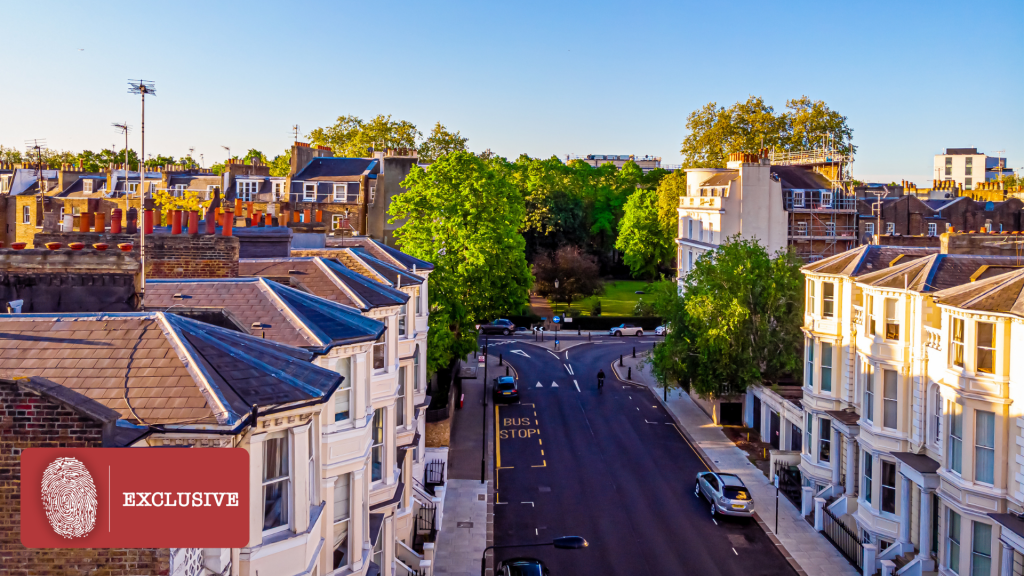A new study has found that people aged 26 to 42 are buying fewer homes than ever before, accounting for just a quarter of real estate transactions in 2021. Data analytics firm Outra has found that the proportion of homebuyers in this age group has dropped 11% in five years. In addition, Outra found that the average price paid by millennials last year was £239,000, below the national average of £270,000.
In an economy focused on home ownership as a major source of financial security, it’s significant that the proportion of homebuyers in this age range has fallen over the past five years.
The UK Housing Review for 2022 notes that more discussion is needed about high house prices, stating that “the housing market used to sprawl wealth but is now a powerful engine for inequality driven by higher prices, with many households unable to access home ownership.”
The report debunks the widespread narrative that high house prices are the result of low housing construction, instead blaming the conversion of houses into financial assets through the relaxation of fiscal regulations, tax incentives, the right to buy and the unregulated private rental market. The report proposes higher taxation on investment properties to keep house prices stable and lower the long-term home price-to-income ratio, and to develop alternatives to home ownership by increasing the supply of affordable housing and regulating private rental.
This week Londra Gazete evaluated the situation with young adults from our community.
Ramadan Arcin
Ramadan Arcin: “Governments have been unable to deal with the housing crisis because of a widespread view that the majority of homeowners will oppose policies that restrict housing price growth. However, it is argued that most people, including homeowners, support a fairer housing approach that seeks to fix prices rather than allow them to inflate forever. From fairer taxation to a massive new social housing program to a better regulated private rental industry, there are ideas, we just need the political will to get this done. The failure of my generation to step on the property ladder has been the subject of both sympathy and ridicule for years… However, banks tightened their loan commitments to reduce risk. They’ve also doubled down on the 20 percent down payment rule for home buyers. But as prices rise, millennials take longer to save enough cash to fund a home.”
Aymen Huseyin
Aymen Huseyin : “As a generation battered by social mobility and the pandemic, it is getting harder and harder to own a home… While the cost of living affects everyone, salaries remain constant. In this case, the younger generations do not have a chance to save much, because the expenses are increasing. It is very, very difficult to put together the types of deposits required to buy a house. Deposits in London are now such that most young people will not be able to earn that kind of money for years, in their lifetimes. In London, for example, if you had saved 15 percent of your income, it would take 16 years to accumulate a 20 percent deposit. If we look at a place like the north of England or Scotland, it takes close to 6 years to accumulate this deposit.”
Belgin Mehmet: “London is among the most expensive cities in the world, which is why investing in London is just as expensive… While everyone’s dream is to own a house, the ‘Buy to rent’ option as a new alternative has started to become more attractive. You can buy and rent a house for an affordable price in any city outside of London for the price you will pay for an apartment in London. Invest outside of London, living in London. But now everyone has a debt, cost of living, energy bills and struggle to survive, how are we going to own a house?”
